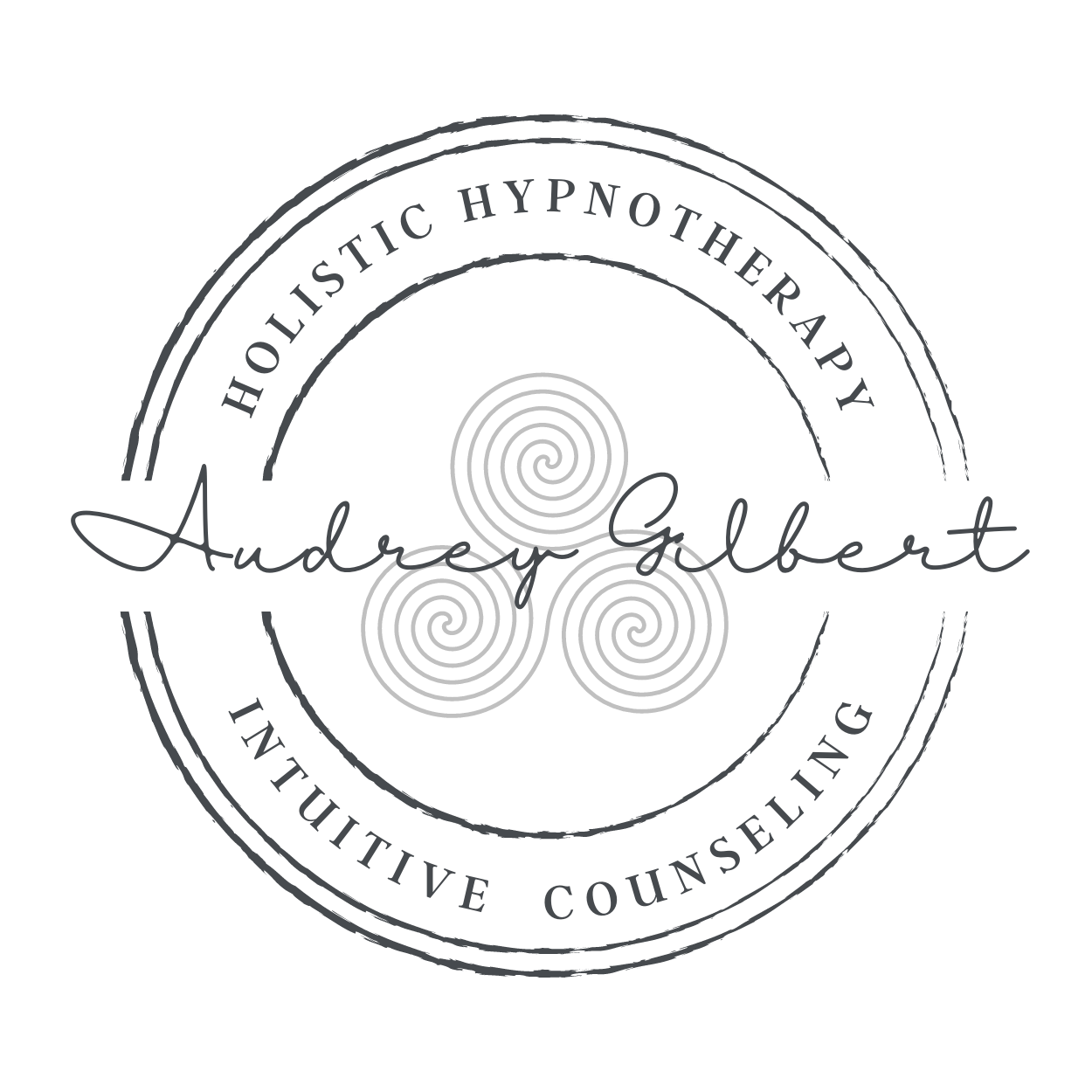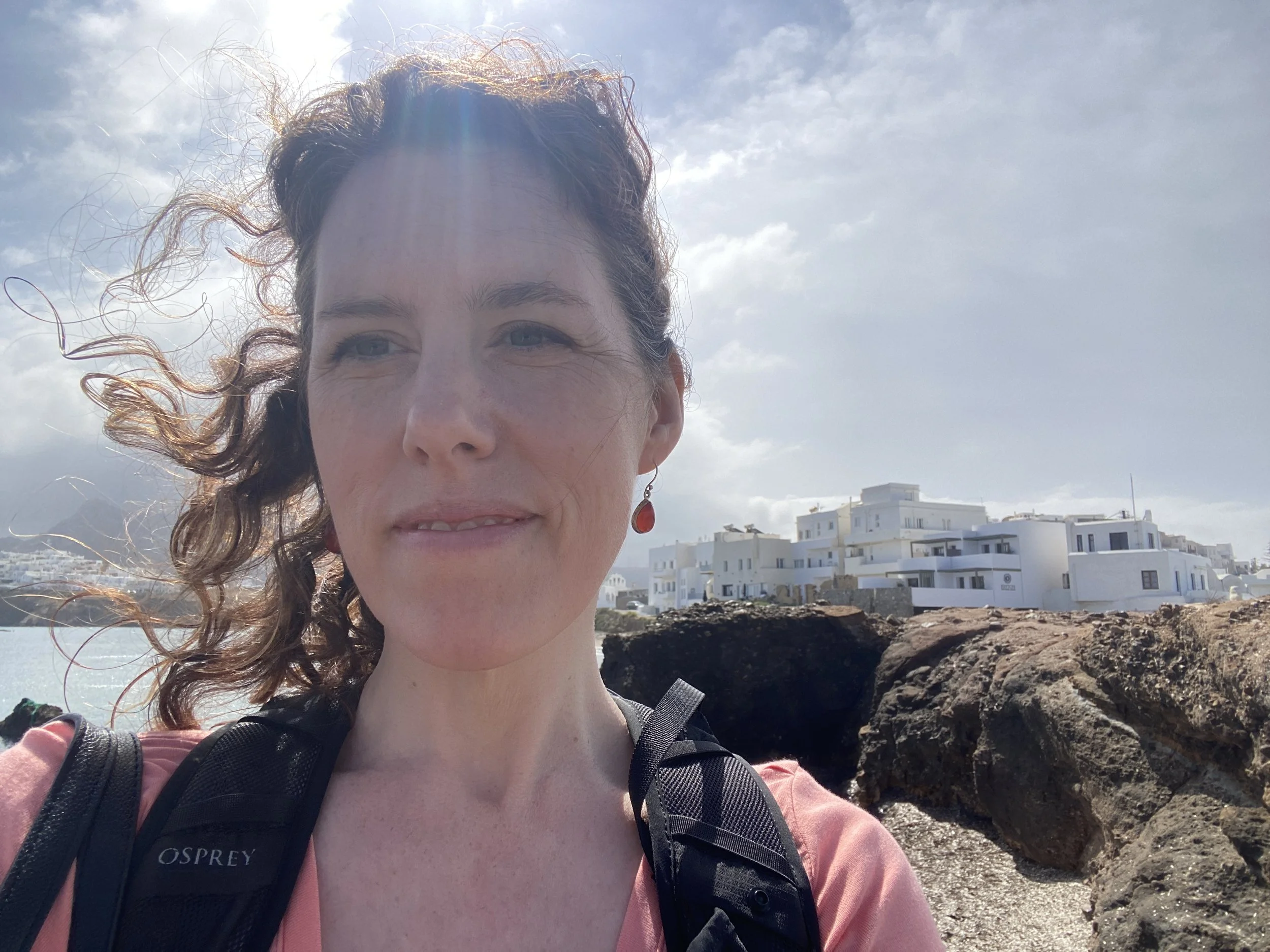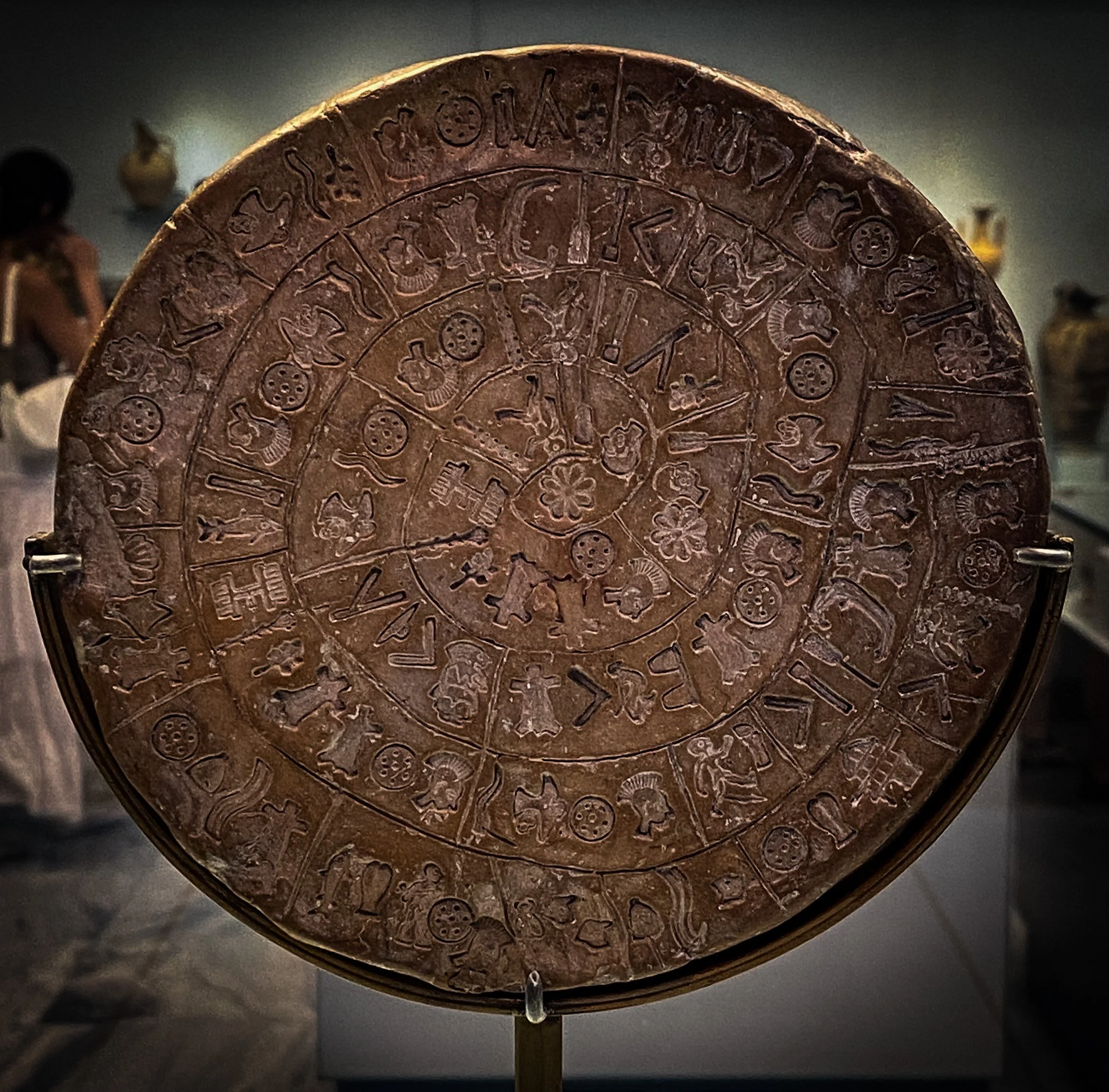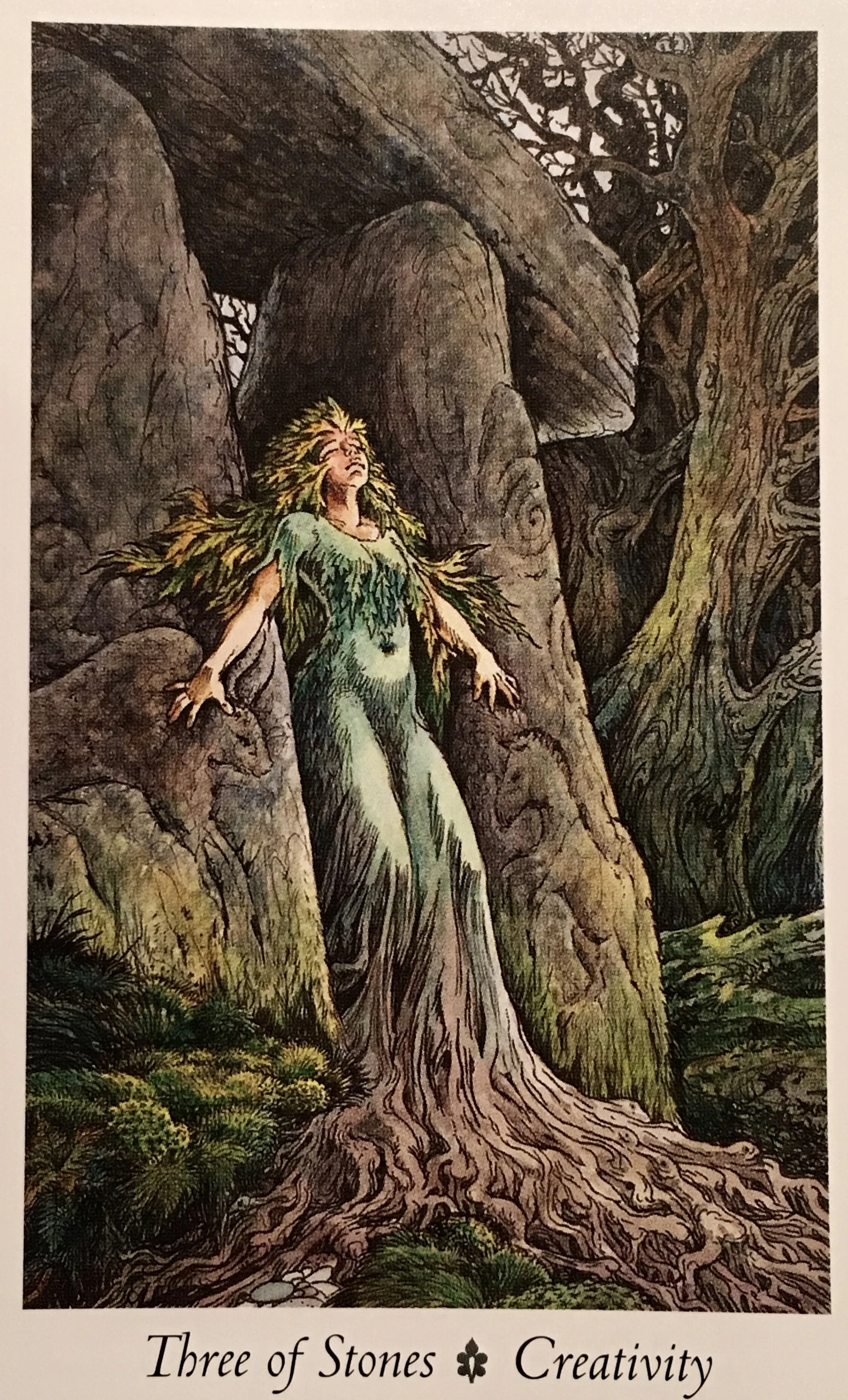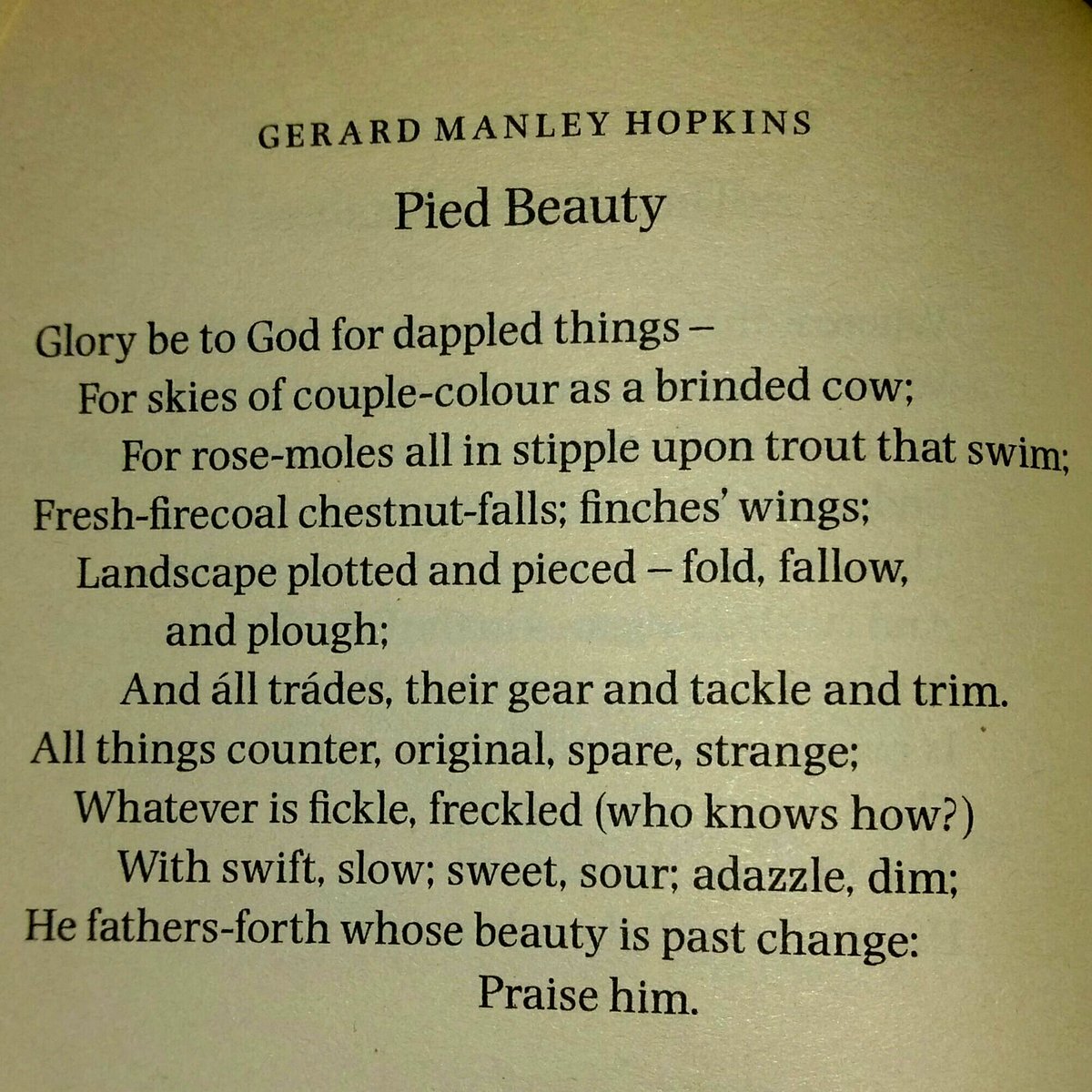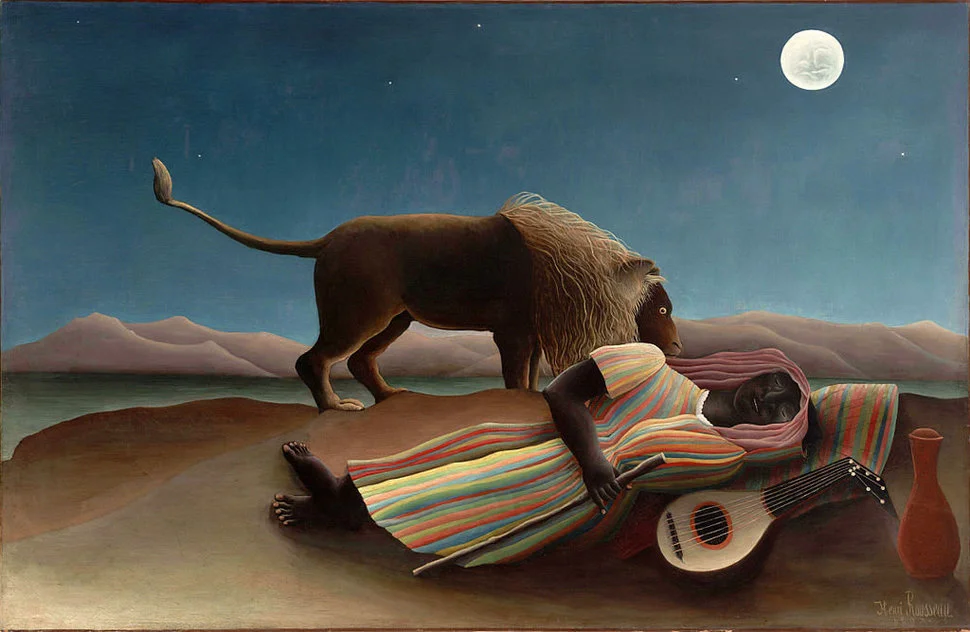On Finishing a Book, Finding The Sacred No, Crete, and Rediscovering Word Magic
I’m overjoyed to share that I’ve completed the final manuscript of my book! If you’ve been following my journey thus far, you’ll recall that my book is a about herbal dream magic — an enchanted guide on how to blend herbal wisdom with dreamwork through simple rituals and visionary practices that help you remember your dreams, connect with plant spirits for healing and transformation, enhance your intuition, and awaken the deep magic of the dreaming world.
I’m also overjoyed to share that the publisher has asked for the full manuscript, which means they are considering it! And while the long road to publishing still lies ahead, I want to pause here. To mark the threshold. To name some of what this process has been like, and some of what I’ve learned—not just about the craft of writing, but about word magic, grief, devotion, and the alchemy of surrender.
See, there are things no one tells you about writing a book.
They’ll talk about deadlines and editing, about building a platform and querying publishers. But they rarely speak of the ghosts that hover behind the creative process—the grief that tags along while new things are being made. They don’t talk about how the creative process is an ongoing triangulation of imagination, birth and death. The truth is that the path of creativity is riddled with losses: roads not taken, the sentences that will never live, the versions of yourself you must lay to rest so a truer one can emerge. I think that's why they are called deadlines: each one a quiet burial of what could have been.
The First Magic Word
You’ve probably heard the phrase: to say yes to one thing is to say no to another. It’s a good phrase because it’s the truth, no matter how much we might want to bargain for a better deal. For me, saying yes to this writing immersion process has meant saying no to many dear things, like office hours, income, invitations, to so many other responsibilities, passions, and paths. It’s hard to say no to all that!
But somehow, when I took the risk, I found that saying no didn’t diminish me and leave me feeling like less, as I had feared. Saying no, when done with grace, care and from a place of sacred discernment, gave me a stronger sense of self. It made me more whole.
I’ve come to believe that the first magic word is no.
Babies often learn to say no before yes—exactly as they should. Discernment, boundaries, protection, consent—these are the foundations of every healthy energy exchange. A child who never learns to say no is doomed to get more than their fair share of the world, good and bad. A child who is never helped to find their no—never mirrored the okayness of no, never allowed to speak it—will betray themselves to belong. Or grasp and hoard out of fear of the very thing they are forbidden: an authentic no. They will suffer from a wounded sense of self.
Are you someone who struggles to say no? I am. And it’s no wonder. Saying no was off limits when I was a child and would swiftly be met with punishment for disobedience. After all, good parenting in that time was measured by how “well behaved” your children were. I’ve worked to change this conditioning, but the patterns are deep. Hypnosis has helped. Relationships, mostly painful and unhealthy ones, also showed me just how much harm I allowed by not having access to a sacred no.
I never thought the writing process would be a lesson in the art of No. But it turns out that writing a book is a kind of master class in boundaries. Committing to the writing process means kindly but firmly saying no to yourself over and over again. No scrolling. No email. No social calls when we said we would be writing. In order to shape thoughts into paragraphs, you have to turn away from a thousand other possibilities. In editing, ideas I once loved had to be released. Whole chapters, rewrites, storylines—sacrificed. It is a slow ritual of letting go. Through it, the muscle of discernment grows. Each choice becomes a kind of spell: one path invoked, another returned to the void.
What I came to notice a few months into the project was that saying no is a kind of mystical act, or a sacred word magic. I came to see the page as a ritual space, a place to tend the altar of my own sovereignty, and the word no, like a force field of protection around that sanctuary.
Words, after all, are among our oldest forms of sacred magic. Before books, there were alphabets etched into clay. Before alphabets, there were glyphs—symbols that carried sound and concept in a single form. The first symbols were carved in awe– a spiral, a wave, a horned crescent— some of the earliest spells meant to convey meaning in symbols.
A Pilgrimage to the Source of Word Magic
I recently had the great fortune to see some of the first word magic on record up close. To celebrate finishing the book—and to honor my own becoming in this 40th year—I took myself on a solo journey to Crete. I followed the trail of myth and mystery across sacred sites and labyrinthine ruins, back to the caves and springs where the oldest rites were performed. Long before the Greeks told their stories of gods and monsters, the Minoans tended their goddess. And long before them, the first farmers and priestesses etched symbols into the land.
One of my most moving moments was seeing the Phaistos Disk in person—a spiraling inscription pressed into clay, found in the ancient Minoan palace of Phaistos and dated to the second millennium BCE. Its meaning is still unknown. The script is unique, unlike anything else in the Minoan world, though it echoes the shapes of Linear A, the island’s mysterious ancient language. Some believe it’s a hymn to the goddess, discovered in a chamber used for offerings and smoke rituals.
What strikes me most about this artifact is not the beauty of the glyphs or the ancient date - it’s that it’s written in the round, with script that spirals inward, in a non-linear way, likely in devotion to the sacred feminine. The symbols, when followed with the eyes, draw one into the center of the spiral, like an invitation into the womb of creation, like the mind unfolding into a dream. This is word magic at its root - the way of words before patriarchy, when words were used to invoke, to honor, to bless. Not the records of stores of grain or the details of conquests and battles that served the kings. Writing in the round.
I think of the scribe or priestess who pressed those symbols into wet clay. What she had to let go of to hone this sacred art. What it felt like to offer it to the fire. I wonder if she felt more power in the making—or in letting go? At this stage in my book’s journey of becoming, I also find myself relating to and resonating with this imaginary Phaistos priestess-scribe who etched her ancient hymn thousands of years ago. I, too, feel like a priestess at her altar, offering what I’ve made to the great cosmic mystery.
As I prepare to navigate the publishing process, there is a great deal of surrender and vulnerability. Will they like it? Will it be good enough? I picture the acquisitions editor reading my manuscript, behind her desk, concentrating in the rite of discernment over a pile of submissions. Which magic word will she choose? The sacred no or the sacred yes?
Mysterious Magic of Words
There’s no doubt about it: I’m emerging from this process leaner. Freer. More sovereign. More discerning in my choice of words. More aware of just how powerful they truly are.
I’ve always had a way with words—it’s part of what draws me to hypnosis, and part of why I’m good at it. Hypnosis is its own kind of oral tradition. A lineage of word magic passed breath to breath.
When someone trusts me enough to lean back and close their eyes, I close mine too. I let the word-magic arise. I rarely know what I’ll say. I reach inward, tugging gently on the thread of wisdom that lives in that still, quiet place within. I follow it, as one would follow a root underground. I trust it. I tease it free. I let it guide us—me and the one who has come to listen—through the labyrinth of sound and story. And when we emerge, we are changed. Every time.
When you think about your own creative process (and don’t tell me you’re not creative or bringing something into being! Each and every one of us is deeply engaged in the creative process by just living!) what wisdom have you gained? How have you been navigating the uncertain terrain, both inner and outer, with your words, especially through your yesses and no’s?
As I begin to reopen my practice and return to work, I look forward to hearing how you are faring in your journey! I also anticipate the wonderful and surprising ways we will weave these new threads into the transformative power of word magic together.
Phaistos Disk, Heraklion Museum, Crete
